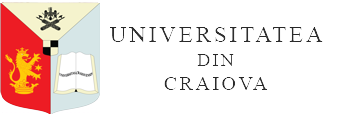EXPLORING LANGUAGE ACQUISITION IN INFANTS: A REVIEW FROM NEUROLINGUISTIC AND COGNITIVE PERSPECTIVES
DOI:
https://doi.org/10.52846/aucssflingv.v46i1-2.143Keywords:
Language Acquisition, Bilingualism, Ideographic languagesAbstract
Language acquisition is a complex, multifaceted process crucial to understanding human cognition and informing language education. The present article presents a comprehensive review of the predominant theories and perspectives in language acquisition, integrating insights from interdisciplinary research. By analysing the contributions of key theories – behaviourism, nativism, sociocultural, or cognitive approaches – and evaluating their empirical support, we offer a nuanced understanding of how language development is shaped across diverse contexts. Highlighting the contributions of seminal theorists such as Skinner, Chomsky, Vygotsky, and Piaget, alongside contemporary research into bilingualism by Bialystok, Kuhl and others, this paper navigates through the complexities of language acquisition.

